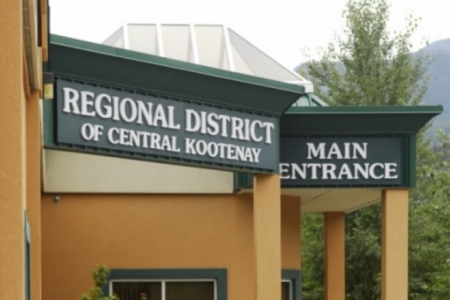OP/ED: From the Hill: The Truth about the Carbon Tax
These are difficult times for a lot of Canadians. At the top of the list is the difficulty many have in finding affordable housing. Groceries continue to rise in price. And rounding out the list is always the price of gasoline.
Over the past three years, gas prices have gone up by about a dollar per litre at the pumps. The cost of producing gasoline has not risen at all, so it’s clear that the oil giants are making a lot of money—and indeed, they’re posting record profits. The five big oil companies in Canada made over $38 billion in profits last year alone.
When gas prices go up, it affects the price of everything—in fact those oil company windfall profits account for about 25 percent of Canadian inflation costs. In the United Kingdom, the Conservative government has implemented a windfall tax on British oil company profits to bring in billions that will help fund initiatives to ease the pressures of inflation there. But neither the Liberals nor Conservatives in Canada dare to do the same, even though the CEO of Shell Canada actually suggested that they should do just that.
The federal Conservatives have blamed all our inflationary woes on the federal carbon tax, even though this tax only contributes about 0.15 percent of inflation—15 cents on every $100 grocery bill. And the carbon tax has only risen about 5 cents over the period when gas prices rose by a dollar. What is hurting Canadians most—the carbon tax or corporate greed? Clearly the latter.
There is so much misinformation out there about the carbon tax I feel it’s high time for some facts to clear the air.
An important point to remember in this debate around the federal carbon tax is that it is not in effect in BC at all. In British Columbia, we’ve had a carbon tax since 2008, when it was introduced by the BC Liberals (now BC United) under Gordon Campbell. So calls to eliminate the federal carbon tax would have no effect in BC.
Carbon pricing is widely considered by top economists to be the cheapest and most effective way to reduce carbon dioxide emissions. A rising carbon tax is a signal to consumers that the price of fossil fuels will continue to rise and decisions to move to cleaner alternatives will result in long-term savings. The federal carbon tax returns essentially all the funds collected to families in the provinces affected—indeed most families get more in their rebates than they spend on the tax.
How can this drive decisions to reduce emissions if the tax is returned to people? Because the amount returned is not related to the amount each family pays in the tax. So the less gas a person uses, the less tax they pay and the greater the difference between the amount paid and the rebate received. In BC, the rebate is sent out to lower income individuals and some of the revenue used to fund emission reduction programs.
Does the carbon tax work? Studies carried out in BC after the carbon tax was introduced here showed that it clearly reduced vehicle emissions in the province. As well, the two provinces with long-term carbon-pricing policies—BC and Quebec—lead all the provinces by a wide margin in the uptake of electric vehicles, driven by a combination of carbon pricing and other policies.
Carbon pricing is also a very important incentive for large corporations with big carbon footprints to develop innovative technologies to reduce emissions. Many of these initiatives would not go ahead at all if the carbon tax were eliminated.
So yes, carbon pricing works to bring down emissions but can’t do that essential work all by itself—we need to implement other policies and regulations that tackle other huge sources of carbon emissions.
So why all the misinformation and finger-pointing toward the carbon tax? Conservatives are playing politics and protecting their rich donors instead of getting to the bottom of where inflation is coming from in Canada. Let’s start telling the truth about the carbon tax. Let’s work to tackle corporate greed through windfall taxes that will bring in billions of dollars that can be used to help the millions of Canadians that are having a tough time making ends meet.
























Comments